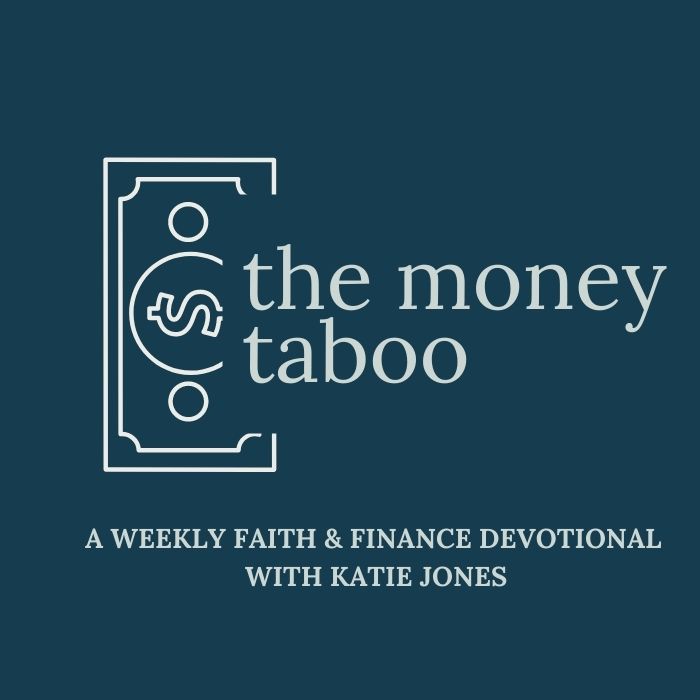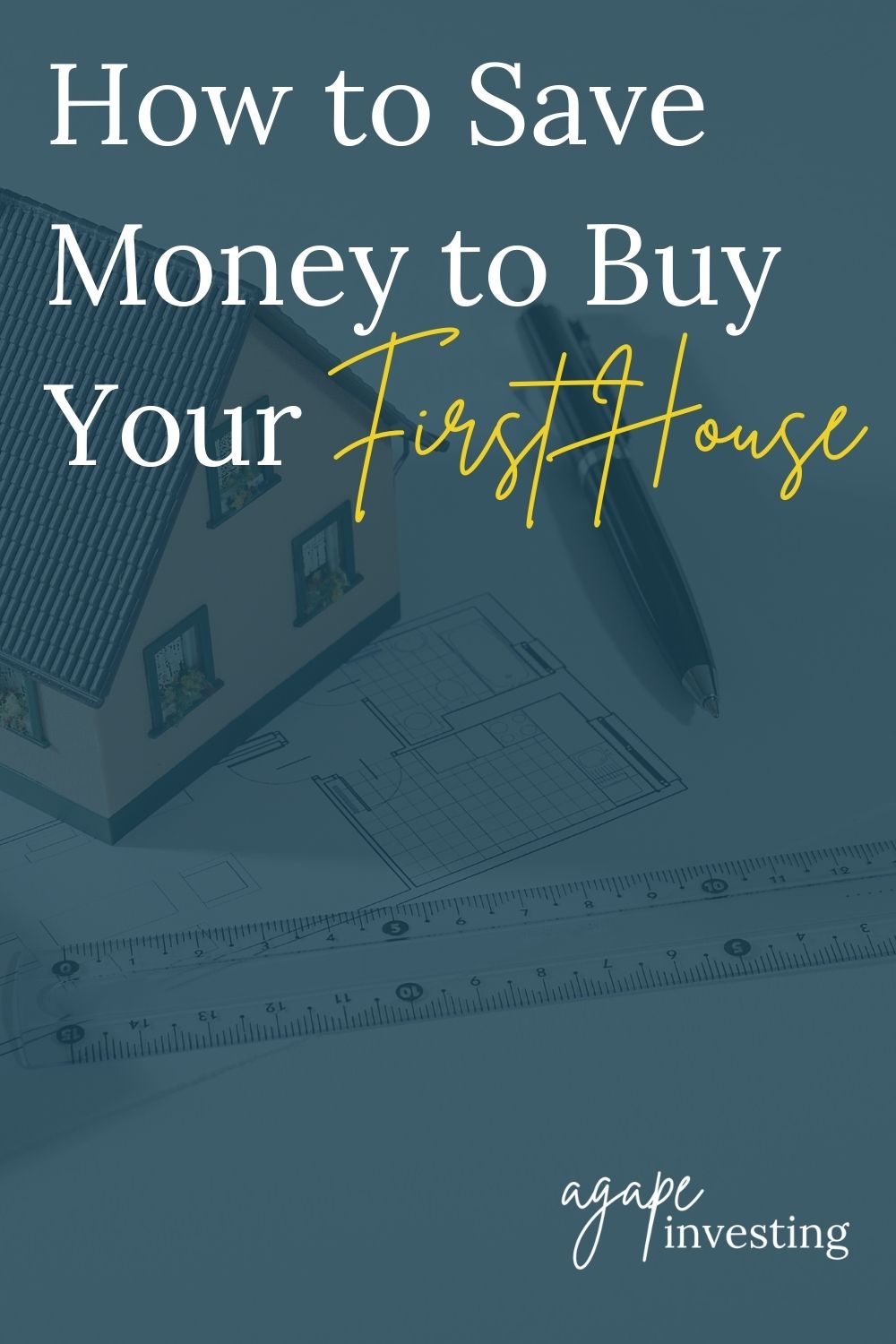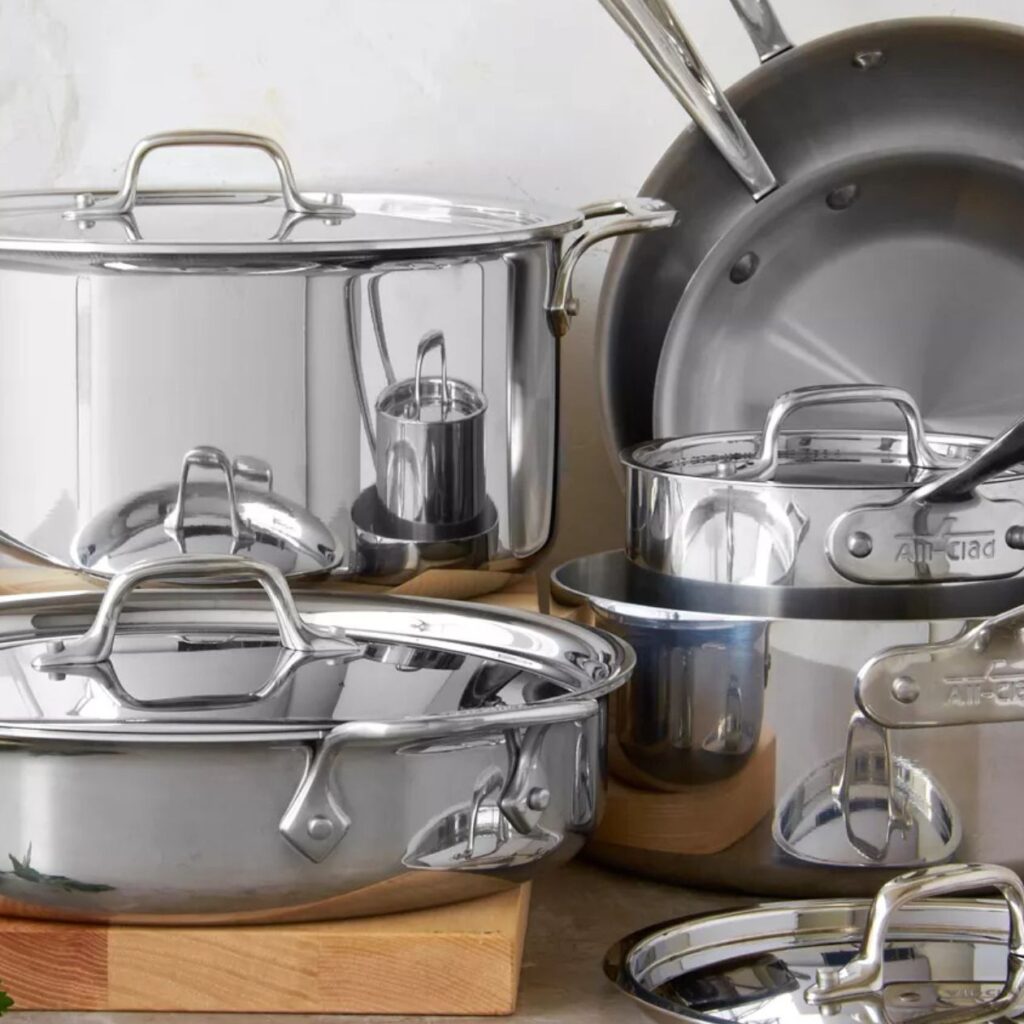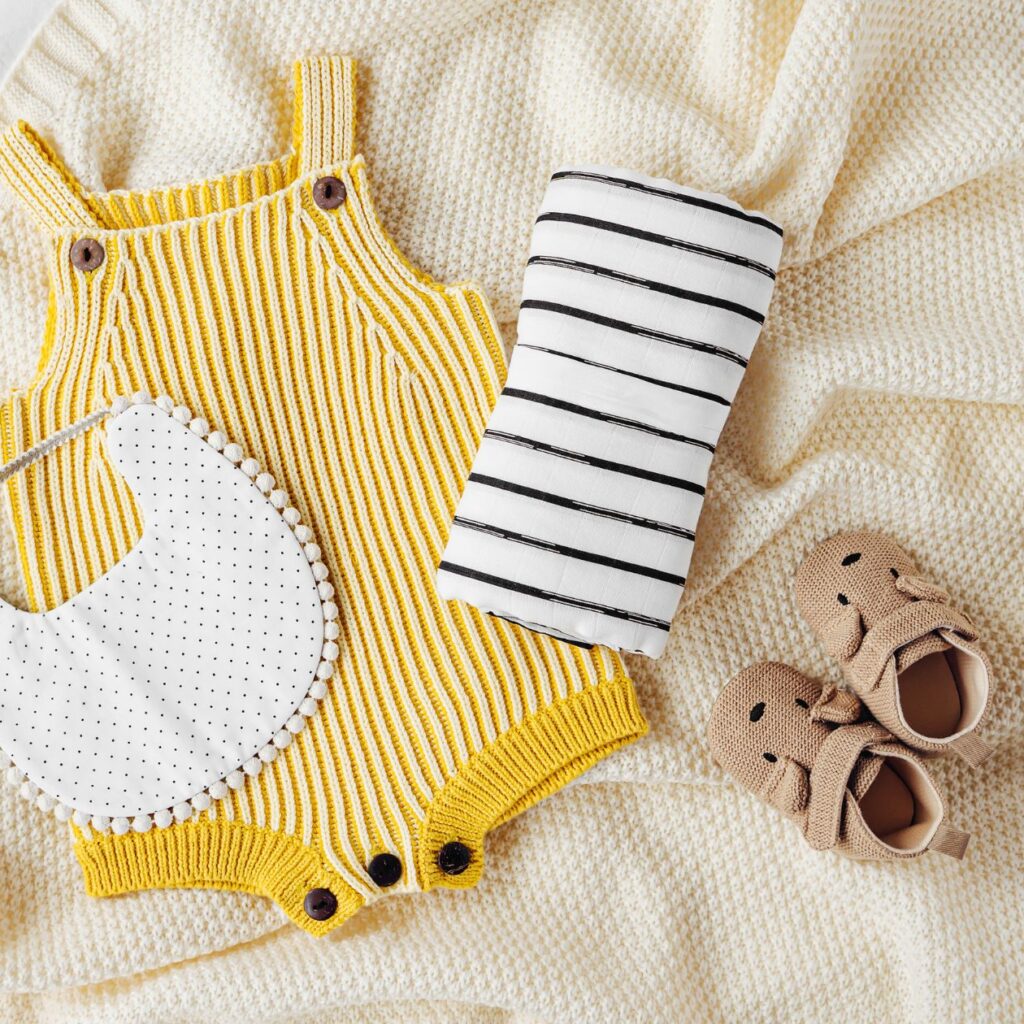How To Save Money To Buy Your First House Even If You Don’t Have High Income
Are you interested in buying your very first house? Do you know how to save the money needed for a down payment as well as for homeownership? Do you have a strategy that works?
Many young adults and business people know how important it is to save money. The only problem is that they are yet to start. Either they do not know how to start or they do not have the willpower to save money.
This guide might just be the solution for a practical way to save money for your goals, both short-term and long-term.
Related: 5 Things to Consider Before Buying Your First House

How Much Money Do You Need to Buy A House
How much do you need to buy your first house? There are a lot of expenses that go into buying a house. The downpayment is typically the largest among, but it isn’t the only expense.
Some other expenses you want to account for are property taxes, closing costs, insurance, and homeowners insurance.
It is also worth considering how much it will cost you to KEEP your house to make sure your budget can handle the changing expenses (whether more or less!).
Consider such expenses such as preventative maintenance, capital expenditures (those big ticket items like your roof), HOA dues, utilities (water, trash, sewer, gas, electric), lawn care, your mortgage payments, as well as homeowners insurance, and property taxes.
How to Save Money to Buy Your First House
Set a Goal
When you set a goal, it keeps you focused on the strategy to achieve that goal.
Determine how much you will need to buy your first house, including down payment, loan fees, utilities, moving costs, etc.
It could also be beneficial to talk with a lender to figure out how much you can afford. When you know this number, you can calculate how much you will need for the downpayment and other expenses.
Decide how much money you need to buy your first house, and set a date when you need the money. Setting a time limit to your goal is a great way to stay focused on it. When do you want to buy your first house?
Write down your goal and timeframe and then move on to the next step.
Track your expenses
One of the factors necessary to help you learn how to save money is the art of tracking your expenses.
Do you know how much you spend weekly? How about daily? One of the first steps in how to save money to buy your first house is knowing how much you spend on a regular basis. From entertainment, fuel costs, to the cost of groceries and getting coffee.
I recommend tracking your expenses for a minimum of 3 months so you can start to see your spending patterns.
When you figure out where your money is going, you can start organizing. You can list all your expenditures and determine what priority is and what you can cut out of your budget. Compare your list with your bank statements and be sure they match up.
Get a spending tracker app to keep you organized. Add up a spending and budgeting tool that can help in deciding what to buy and what to pass up.
Budget your saving
Budgeting your money is different from tracking your money. Tracking your money is seeing where your money went, and budgeting your money is creating a plan for where it will go.
Creating a budget is like making an itinerary for your vacation. You set your destination and then plan out how you will get there.
You can organize your budget the same way. Your goal is to save a certain amount of money for your new house which you determined in the first step. If you want to have that much saved by a certain date, divide that amount by the number of months you have until that date.
Now be sure to set aside that amount every month into a separate savings account dedicated just to your new house fund! This process will ensure that you are making your savings a priority.
A vital part of learning how to save money is the practice of budgeting everything.
Need some budget spreadsheets? Grab my favorite spreadsheet templates here!

Cut back spending
Now let’s go back and start to tear apart the money tracking you did. Examine your spending trends to identify where you may be over spending or where you can make easy adjustments to start saving more money.
If your expenses are so high that starting a savings account seems impossible, you need to do one thing quickly. You must cut back on your spending. What are the non-essentials that you can cut out? Examples of non-essentials are entertainment, going out, excessive coffee or restaurant purchases, etc.
You will not perfect the art of learning how to save money to buy your first house unless you choose to cut back on expenditures that are not a priority as well as learning to reimagine the expenses that are essential.
Look for ways to save money on the essentials as well. Like your cell phone plan, or health insurance. Minimize the number of times you eat out. Find low-cost events that can replace your expensive events. Buy things that are reusable so you can save money and the planet. Cancel any subscriptions or memberships that you do not use often enough like Kindle Unlimited or Audible.
Use the secret of waiting a day before making any purchase. Wait a day, if you still want it after 24 hours, save up for it instead of doing any impulsive buying.
Saving money is possible, you just need to look for new opportunities!
Make it automatic
All bank transfers can be automated. You can automatically save as soon as your income hits your account. Determine what day of the month, how often, how much, as well as the account you want your savings to go to.
You can split your paycheck and select a portion that is paid directly into your savings account once you receive it.
Choosing to make the payment for savings without seeing your money is the best way to save! You do not think about it. This eliminates the temptation to make any purchase. Many banks set up automatic transfers for their customers.
Having the self-discipline to set aside money every month can be difficult. This is probably the best way to make your savings a priority!

Watch your savings grow!
Review your savings monthly. Track your progress. This helps you stick to your savings plan. You can identify any issues and sort them out easily. It will also inspire you to save it and meet your goals quicker.
I hope this guide helps you meet your goals to save money to buy your first house even if you don’t have a high income.
Need Help Saving More Money? Grab my Biblical Financial Freedom Checklist here!

You May Also Like
How to Use Todoist to Manage Your Commitments
25 Simple Ways to Save Money Starting Today
How to Achieve Your Savings Goals This Year
The Cell Phone Provider Who Saves us HUNDREDS Every Year




Nothing beats setting automatic funds, since you wont be tempted to stray from your monthly budget and saving goals.